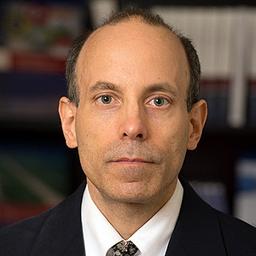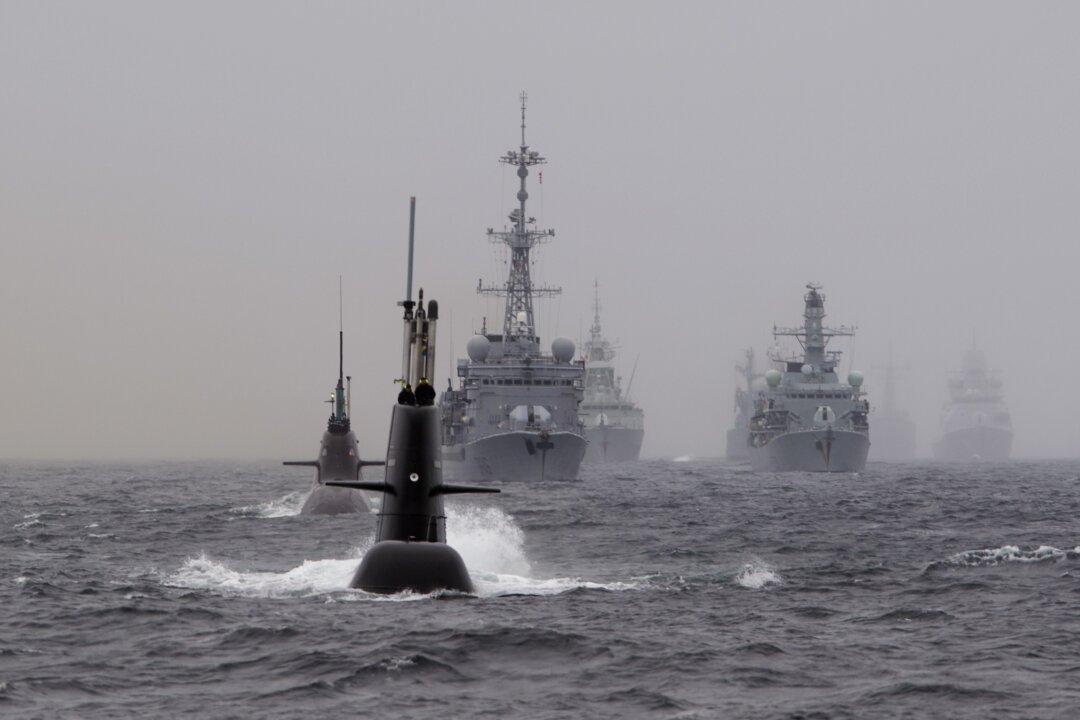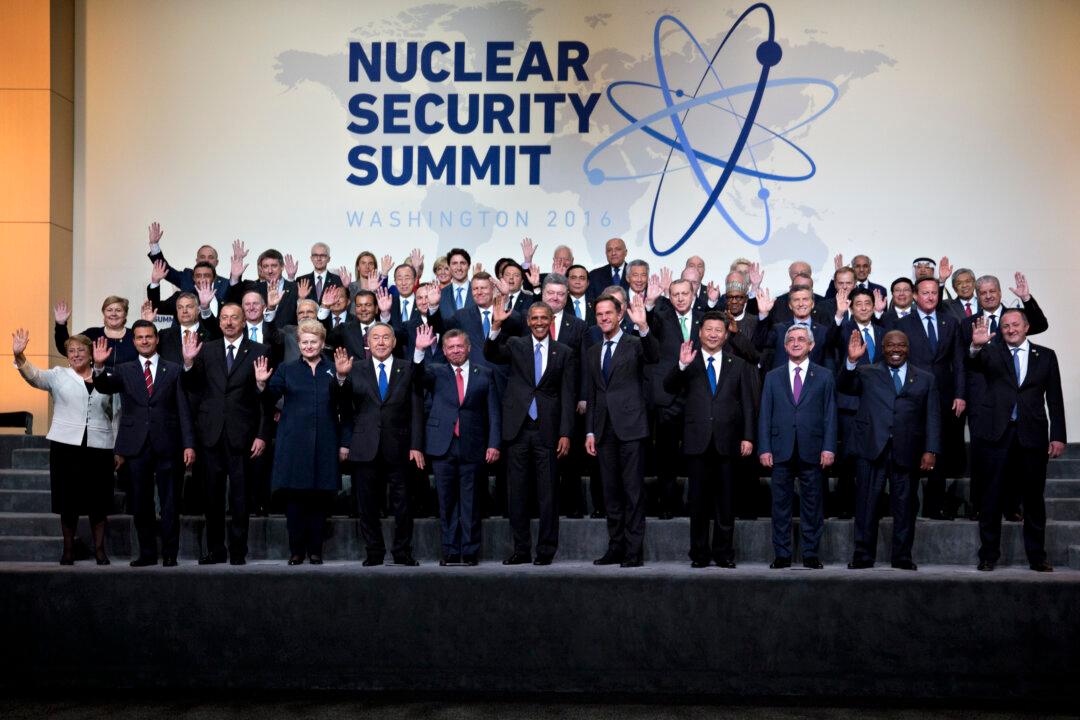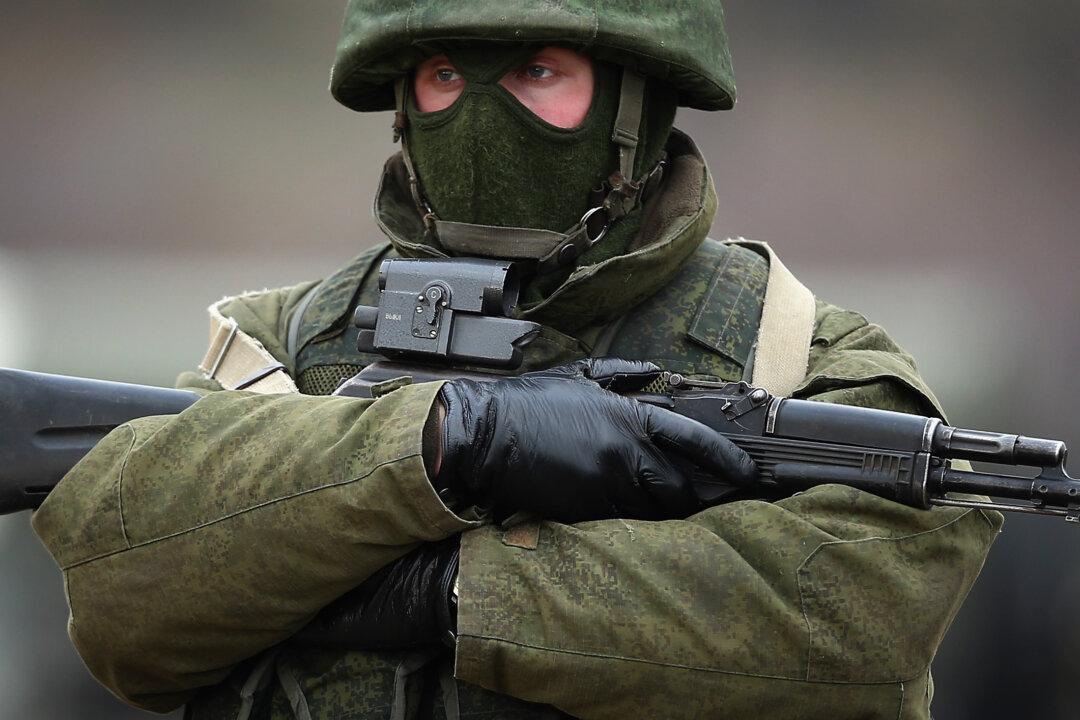
Richard Weitz
Author
Richard Weitz is a Senior Fellow and Director of the Center for Political-Military Analysis at Hudson Institute and a freelance author.
LATEST
Global Security and Democratic Governance Falter as Historic Rivalries Re-emerge
The world is shifting from a brief period of democratization and global economic integration since 1989 toward nationalism and mistrust. Security expert Richard Weitz suggests that evidence of this shift was apparent during the July summit of the North Atlantic Treaty Organization (NATO), the response to Chinese aggression in the South China Sea and the international court’s rejection of China’s claims, and Japan moving toward lifting self-imposed restraints on using force. The increasing tensions Weitz describes interfere with rallying domestic and international opinion to resolve other pressing concerns like the war in Syria. “Although Western economies are generally performing better, their political systems have experienced greater instability and turbulence, with the electorates voting for extremist parties, perhaps as a reaction against the perceived negative effects of globalization such as immigration and job instability,” he writes. Russia and China take actions that drive wedges in the countries of the West, ironically because the allies are so close. The allies would be wise to collect themselves, overcome petty national differences, and rely on openness and democracy to forge a new history around more lofty common goals.
|
Life After the Nuclear Security Summits: Are We Safe?
A series of Nuclear Security Summits since President Barack Obama took office in 2009 have raised global awareness and tightened security of the world’s stockpiles of highly enriched uranium and plutonium. The need for securing stockpiles was highlighted in February after Belgian authorities reported finding a 10-hour surveillance tape during raids linked to the Paris terrorist attacks. The tape showed the home of an official with the Belgian Nuclear Research Center. “Since the end of the Cold War, a variety of terrorist groups have tried to obtain weapons of mass destruction, and the threat has increased in recent years,” explains Richard Weitz, senior fellow and director of the Hudson Institute Center for Political-Military Relations. “The main impediment to nuclear terrorism is not organizing an attack, designing a weapon or recruiting volunteers willing to suffer martyrdom—it is obtaining the nuclear or radiological material needed to make an explosive device.” Russia did not attend the final summit that concluded April 1, and no more summits are planned. Without high profile leadership, Weitz cautions, progress on nuclear security may stall.
|
The US Faces Rival Powers Waging Hybrid Warfare
Recent clashes in Ukraine, Syria, and the South China Sea indicate the magnitude of the challenges that revisionist powers Russia and China present to the Western powers.
|
Global Security and Democratic Governance Falter as Historic Rivalries Re-emerge
The world is shifting from a brief period of democratization and global economic integration since 1989 toward nationalism and mistrust. Security expert Richard Weitz suggests that evidence of this shift was apparent during the July summit of the North Atlantic Treaty Organization (NATO), the response to Chinese aggression in the South China Sea and the international court’s rejection of China’s claims, and Japan moving toward lifting self-imposed restraints on using force. The increasing tensions Weitz describes interfere with rallying domestic and international opinion to resolve other pressing concerns like the war in Syria. “Although Western economies are generally performing better, their political systems have experienced greater instability and turbulence, with the electorates voting for extremist parties, perhaps as a reaction against the perceived negative effects of globalization such as immigration and job instability,” he writes. Russia and China take actions that drive wedges in the countries of the West, ironically because the allies are so close. The allies would be wise to collect themselves, overcome petty national differences, and rely on openness and democracy to forge a new history around more lofty common goals.
|
Life After the Nuclear Security Summits: Are We Safe?
A series of Nuclear Security Summits since President Barack Obama took office in 2009 have raised global awareness and tightened security of the world’s stockpiles of highly enriched uranium and plutonium. The need for securing stockpiles was highlighted in February after Belgian authorities reported finding a 10-hour surveillance tape during raids linked to the Paris terrorist attacks. The tape showed the home of an official with the Belgian Nuclear Research Center. “Since the end of the Cold War, a variety of terrorist groups have tried to obtain weapons of mass destruction, and the threat has increased in recent years,” explains Richard Weitz, senior fellow and director of the Hudson Institute Center for Political-Military Relations. “The main impediment to nuclear terrorism is not organizing an attack, designing a weapon or recruiting volunteers willing to suffer martyrdom—it is obtaining the nuclear or radiological material needed to make an explosive device.” Russia did not attend the final summit that concluded April 1, and no more summits are planned. Without high profile leadership, Weitz cautions, progress on nuclear security may stall.
|
The US Faces Rival Powers Waging Hybrid Warfare
Recent clashes in Ukraine, Syria, and the South China Sea indicate the magnitude of the challenges that revisionist powers Russia and China present to the Western powers.
|




